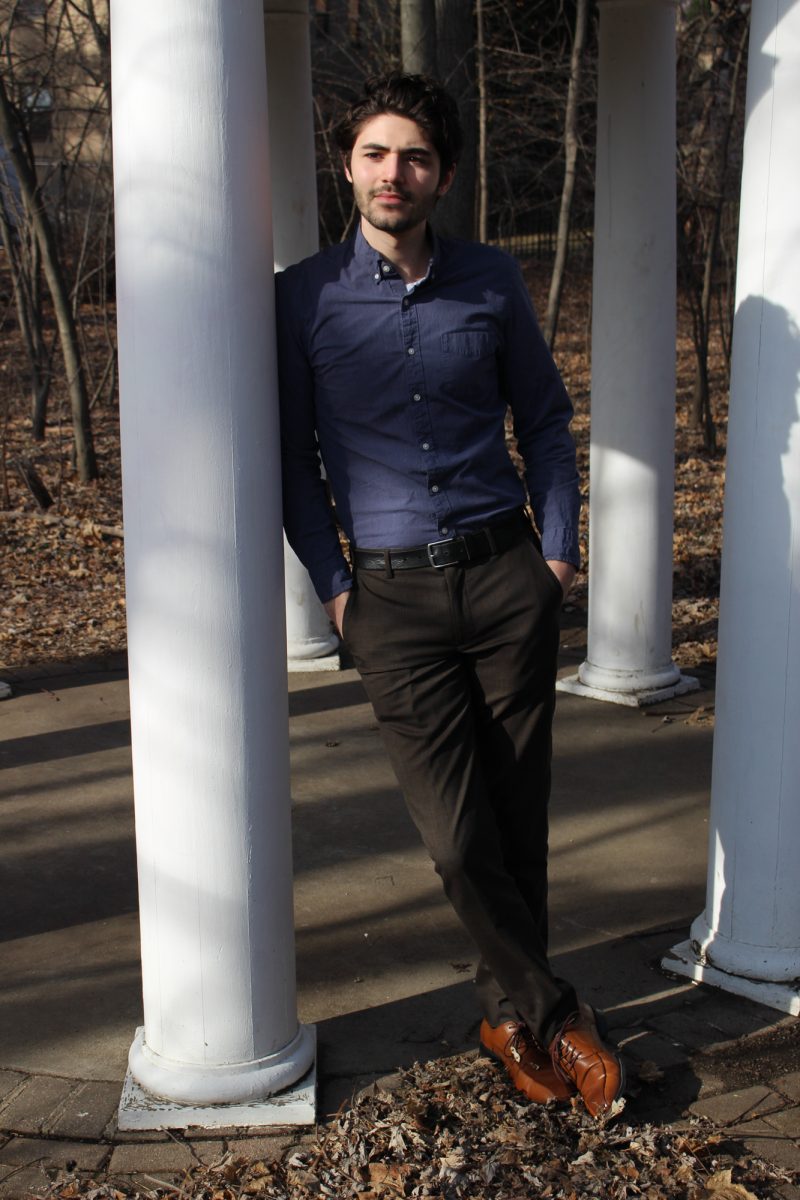A Boston University historian is boycotting an auction of 25 documents said to belong to slain civil rights leader Martin Luther King, Jr., saying the papers may have not been authored by King and are not legally owned by the auctioneers.
Vita Paladino, director of the BU Howard Gotlieb Archival Research Center — which houses a major collection of King’s documents — is joining members of the King family in refusing to bid in the Sunday auction in Atlanta hosted by Gallery 63.
The documents — letters, notes and speeches supposedly written by the 1958 School of Theology graduate — are estimated to be worth nearly $300,000, said Gallery 63 owner Paul Brown.
Brown said his auction house acquired the papers after they spent 40 years in a basement owned by a Maryland woman who said she and King used to attend jazz concerts together before he became a leader of the civil rights movement. Brown said he assumes the woman had lent money to a Washington, D.C.-based radio station when it was having financial problems, and it repaid her with King’s documents.
Paladino said because personal papers rarely have value while their author is alive, it is unlikely the woman could receive them as debt payment from the radio station.
While it is unclear how the now-defunct radio station, WAOK-AM, acquired the documents originally, it is possible King left the papers in one of his former office buildings, which had included the station’s office space, Brown said.
“After keeping thousands of papers, he wouldn’t arbitrarily abandon these,” said Isaac Newton Farris Jr., King’s nephew and president of The King Center, a foundation dedicated to King’s legacy. “I don’t want to accuse anyone of doing something illegal, but I think someone picked up these papers.”
Members of King’s family say the auction house has no proof the documents were actually written by King, so Gallery 63 should not be allowed to auction them off.
“If [the auction] was legit, why wouldn’t they call [the Gotlieb Center] about the sale?” Paladino said. “We have the biggest King collection there is.”
The King family owns the copyright to all of King’s works and claims they are the rightful owners of the documents Gallery 63 is auctioning off.
If Brown refuses to cancel the auction, The King Center will seek a court order against Gallery 63, Farris said.
“The law is clear,” Farris said. “[Gallery 63 officials] have to prove [King] really abandoned the papers. The burden is on their side, not ours.”
Brown said more than 30 buyers, including universities, centers and private buyers have contacted him about the auction. He said if King’s family files a court order, it will not be successful.
“I’m not sure what they’re angry with. They haven’t even called me, and I’ve received hundreds of calls about this,” said Brown, who said he did not inform BU about the auction because it would have been too difficult to contact every potential buyer.
Paladino said she does not want King’s documents to end up with a private buyer because they may suffer damage without a professional staff to handle them.
Atlanta mayor Shirley Franklin raised $32 million to stop an auction of a collection of King’s papers in June 2006. She donated the 7,000-page collection bulk of assorted papers to King’s undergraduate alma mater, Morehouse College.
If The King Center gains control of the papers set to be auctioned at Gallery 63, it plans to donate them to the Robert W. Woodruff Library at the Atlanta University Center, which houses Morehouse’s 10,000-piece King collection, Farris said.
In 1993, King’s widow, Coretta Scott King, sued BU and demanded return of the university’s collection of King’s documents. Though she had said BU was not properly caring for the papers, her lawyers dropped the charges before a jury decided the case in favor of BU, according to Associate General Counsel Lawrence Elswit in an Oct. 19 2006 Daily Free Press article.
“King was a man of public service,” Paladino said. “People forget what this man sacrificed. It’s a shame now that people would use his work just to make a quick buck.”













































































































